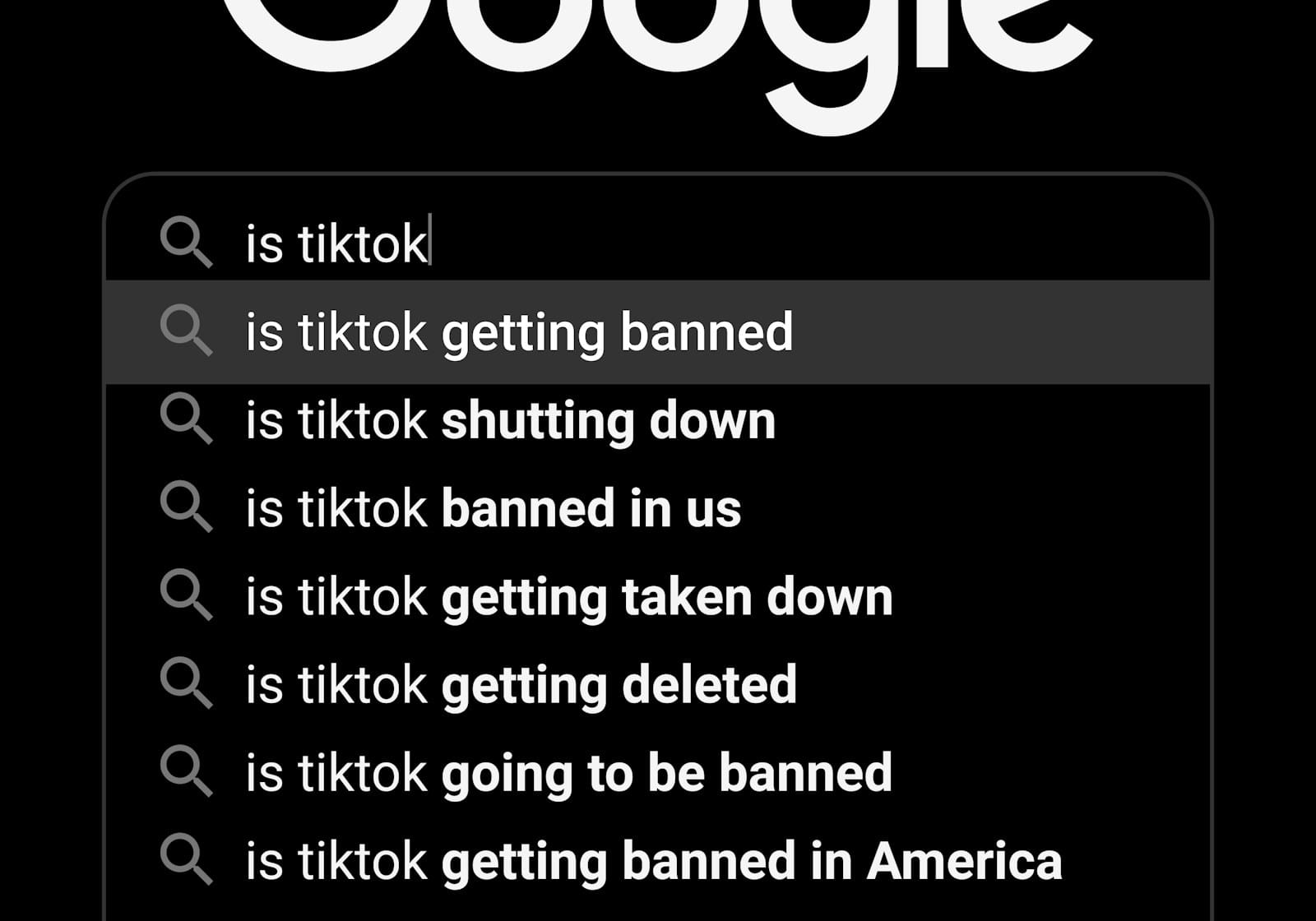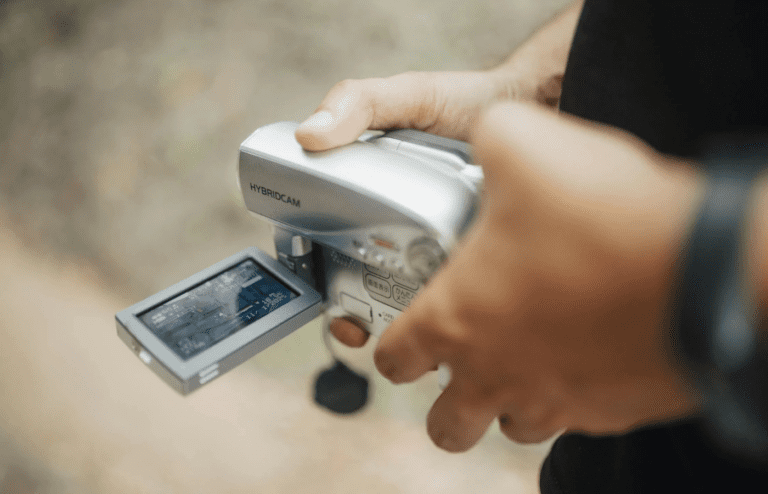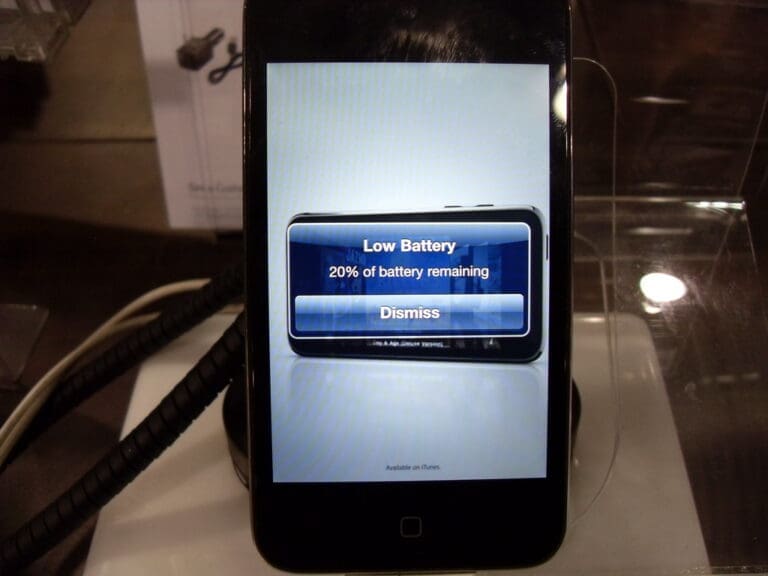TikTok, one of the most popular social media platforms globally, faces a potential ban in the United States. As debates around its future continue, it’s essential to understand the key issues at play.
As the TikTok saga unfolds, staying informed about these developments is crucial. Whether you’re a casual user, a content creator, or simply curious, the outcome will impact the broader tech landscape. Here are 15 things you should know about the possible TikTok ban.
1. The Ban Stems from National Security Concerns
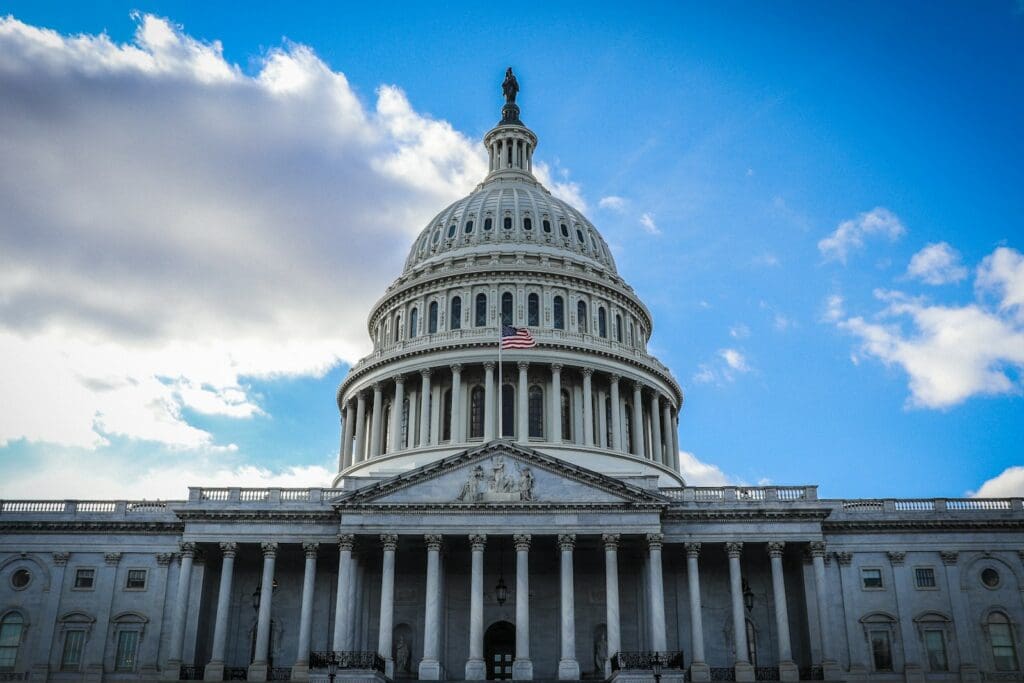
The U.S. government has raised concerns about TikTok’s data practices and its ties to ByteDance, a Chinese company. Officials worry that American users’ data could be accessed by the Chinese government. While ByteDance has denied these claims, the concerns have sparked calls for action.
2. ByteDance Faces a Divestment Deadline
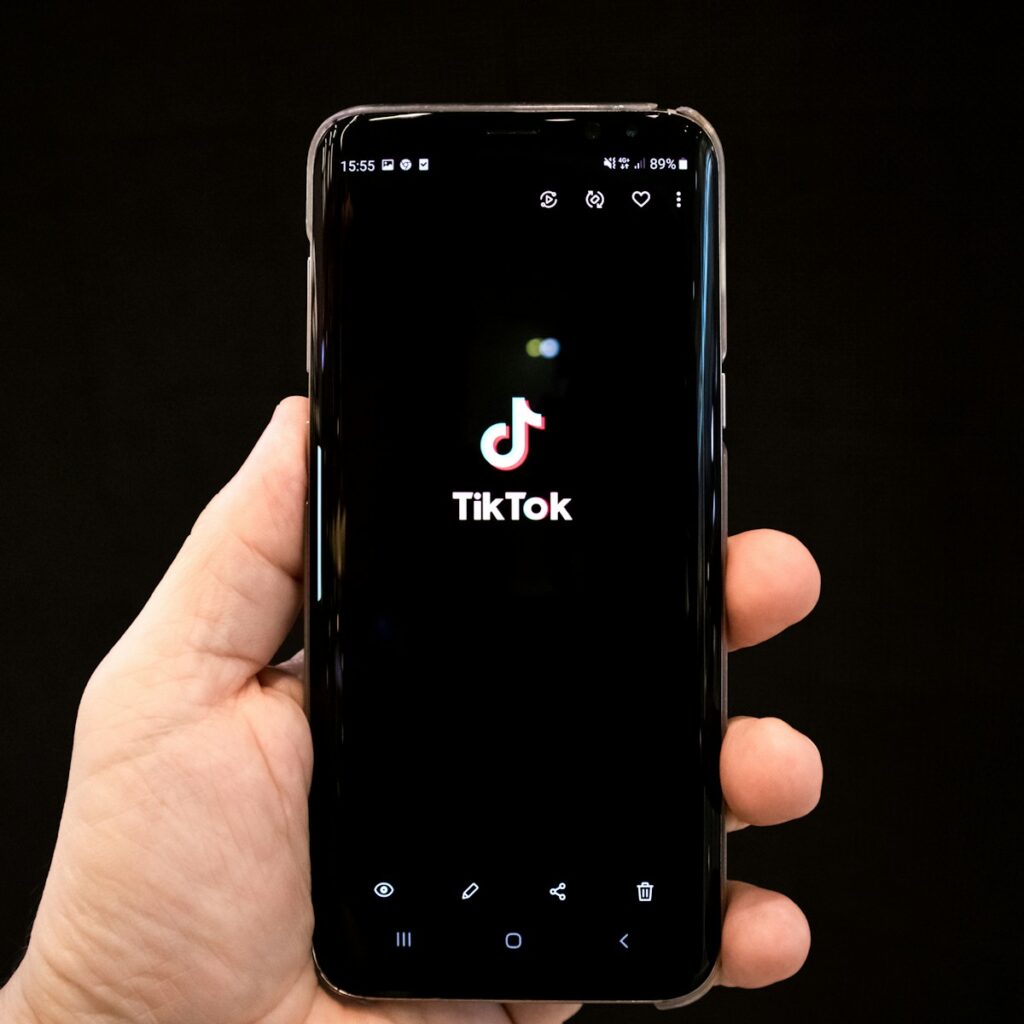
A law signed in 2024 requires ByteDance to divest TikTok’s U.S. assets by January 19, 2025, or face a nationwide ban. This move aims to address national security concerns. The deadline has set the stage for intense negotiations and potential legal battles.
3. The Supreme Court Is Involved
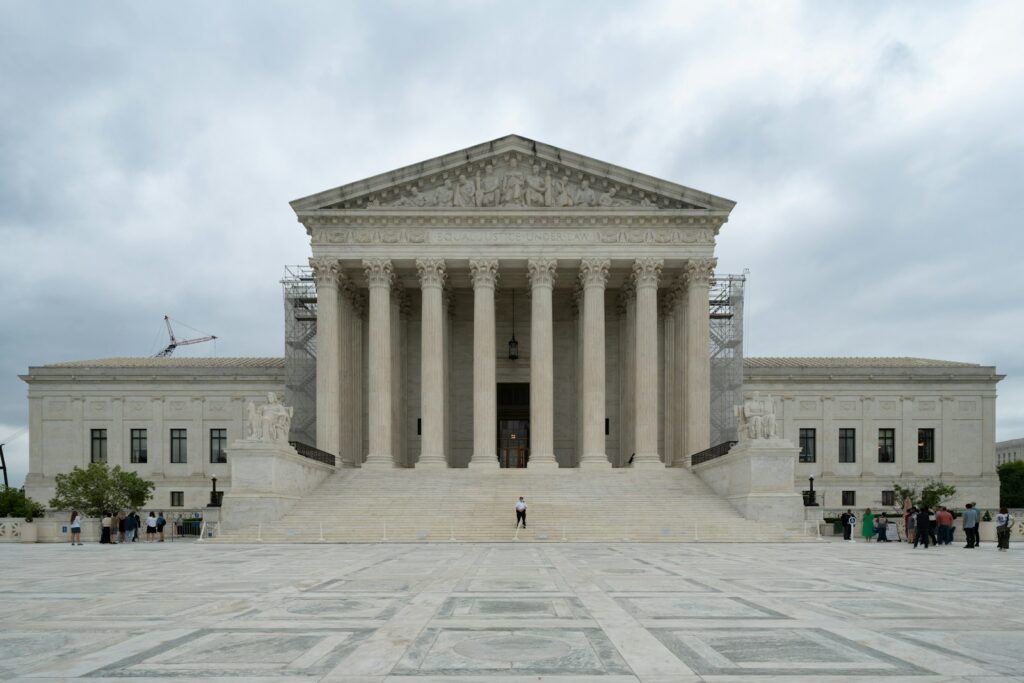
The Supreme Court is set to hear arguments about whether the ban violates First Amendment rights. Critics argue that banning TikTok could infringe on free speech. The Court’s decision will play a significant role in determining the platform’s fate.
4. Billionaire Frank McCourt Wants to Buy TikTok

Frank McCourt, known for his previous ownership of the Los Angeles Dodgers, is leading a bid to purchase TikTok’s U.S. operations. His initiative, called “The People’s Bid,” aims to prioritize user privacy and decentralize the platform. McCourt has secured informal commitments from investors totaling over $20 billion.
5. TikTok’s Algorithm Presents Challenges

One of TikTok’s most valuable assets is its proprietary recommendation algorithm. However, Chinese export laws prohibit the transfer of this technology. Any buyer would need to rebuild the platform’s infrastructure without this key component.
6. Users’ Data Is at the Center of the Debate

The primary issue driving the ban is the handling and storage of user data. Critics claim TikTok’s data practices could jeopardize U.S. national security. Proposals for stricter data localization and oversight have been suggested as alternatives to a ban.
7. Kevin O’Leary Has Joined the Bid
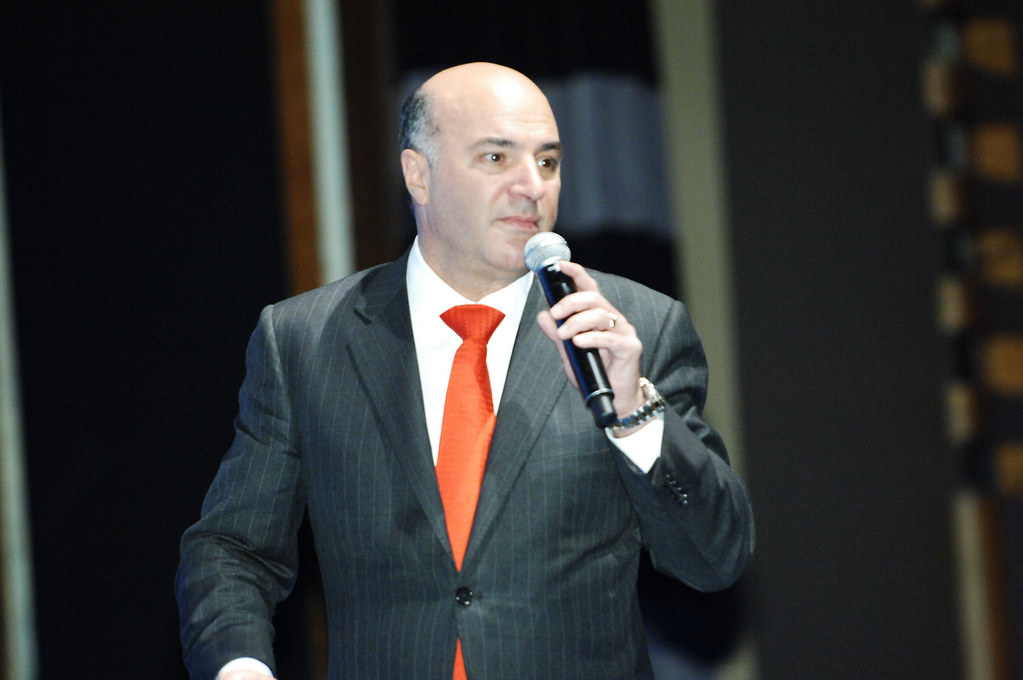
“Shark Tank” star Kevin O’Leary is part of McCourt’s consortium, highlighting the high-profile interest in TikTok’s future. O’Leary has emphasized the importance of protecting American users’ privacy. His involvement adds credibility and visibility to the bid.
8. TikTok Has Over 150 Million U.S. Users
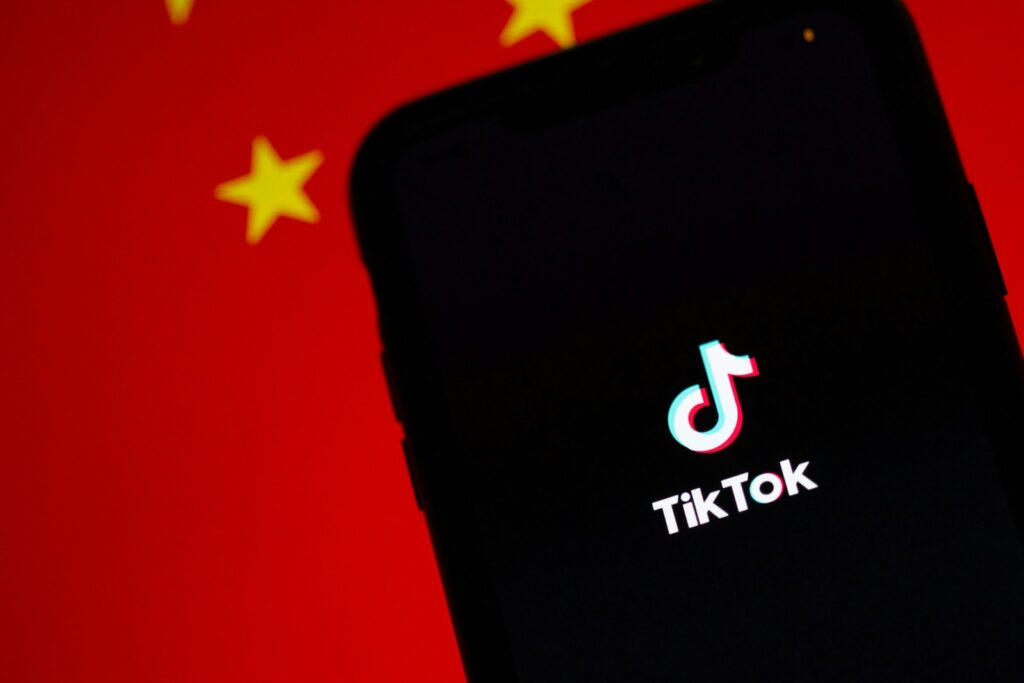
TikTok’s massive user base in the U.S. makes the potential ban a hot-button issue. Many users, particularly younger generations, rely on the platform for entertainment, education, and community. A ban would disrupt their digital habits and impact influencers and businesses.
9. ByteDance Has Proposed Safeguards

To address U.S. concerns, ByteDance has proposed “Project Texas,” a plan to localize U.S. data on servers managed by Oracle. This move aims to mitigate fears about data access by foreign entities. However, critics argue that it doesn’t go far enough.
10. The Ban Could Impact Free Speech
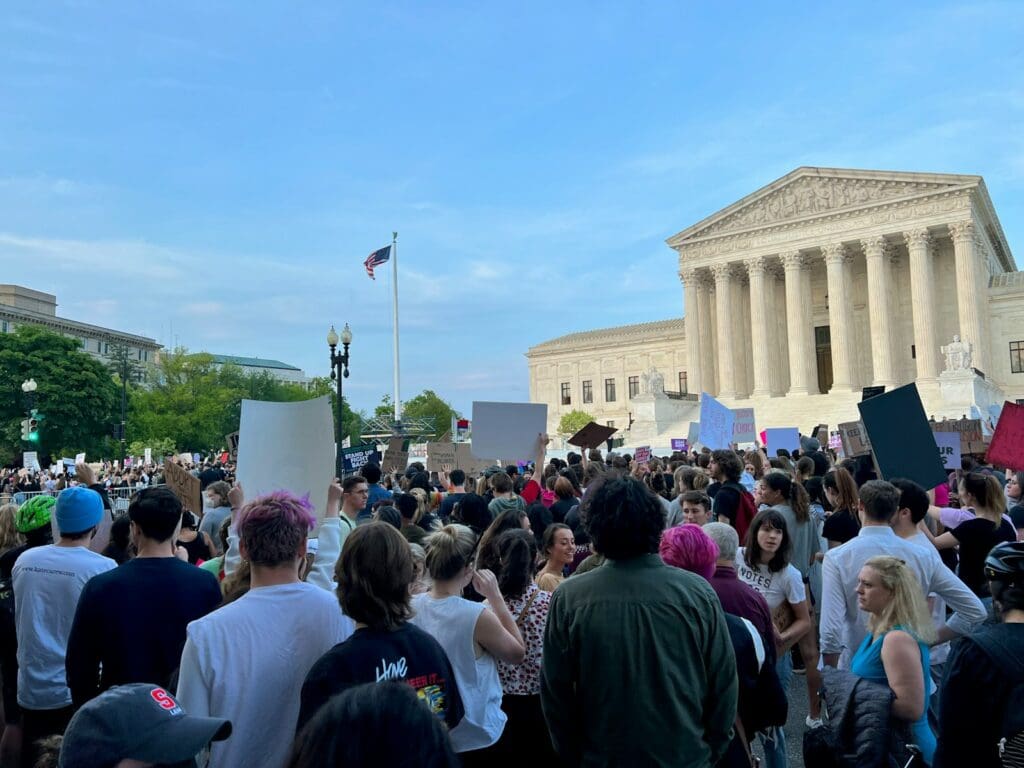
Legal experts and advocates argue that banning TikTok could violate the First Amendment. The platform is a space for self-expression and discourse, making its removal a potential free speech issue. This argument will likely be a focus of the Supreme Court hearing.
11. The People’s Bid Aligns with Project Liberty

McCourt’s bid is part of his larger “Project Liberty” initiative, which seeks to decentralize the internet and give users greater control over their data. This vision aligns with concerns about transparency and accountability. If successful, it could set a precedent for other tech platforms.
Read More: Songs that were Banned for the Wrong Reasons
12. The Timeline Is Tight

With the January 19 deadline fast approaching, decisions about TikTok’s future must happen quickly. Legal, political, and financial factors all add complexity to the situation. The coming weeks will be critical in shaping the platform’s fate.
Read More: You Won’t Believe How These 10 People Got Banned from SNL
13. TikTok’s Global Popularity Is at Stake
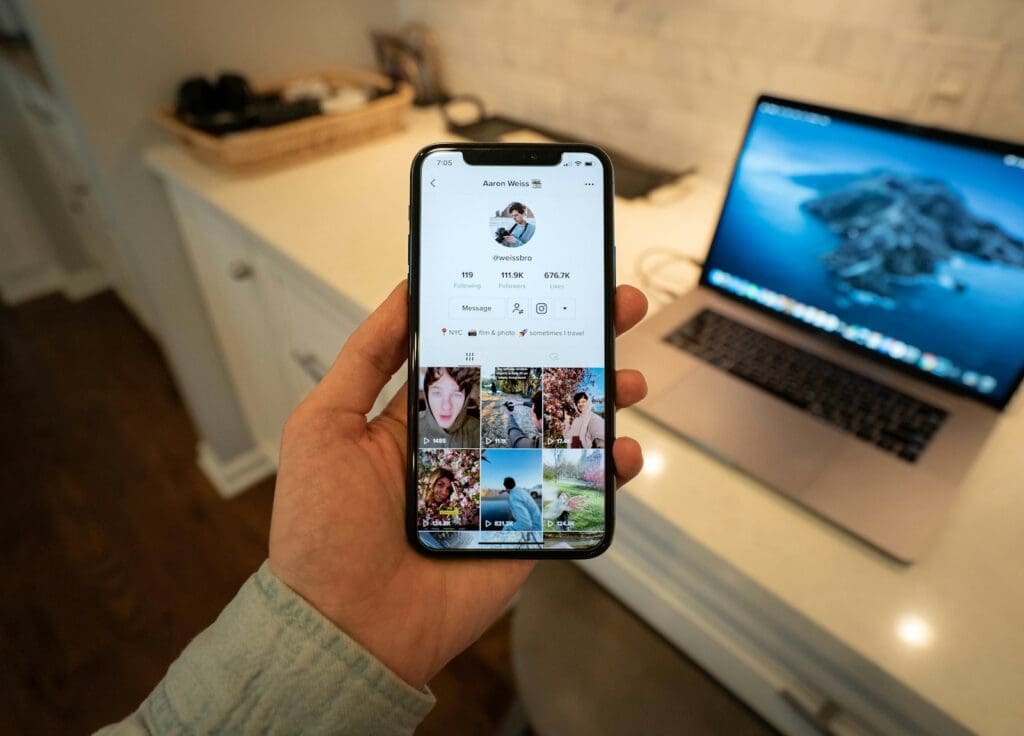
While the potential ban is focused on the U.S., it could have ripple effects globally. Other countries may follow suit, increasing scrutiny of TikTok and similar platforms. This could reshape the social media landscape.
Read More: The Best Viral TikTok Beauty Products
14. Users Are Concerned About Losing Their Content
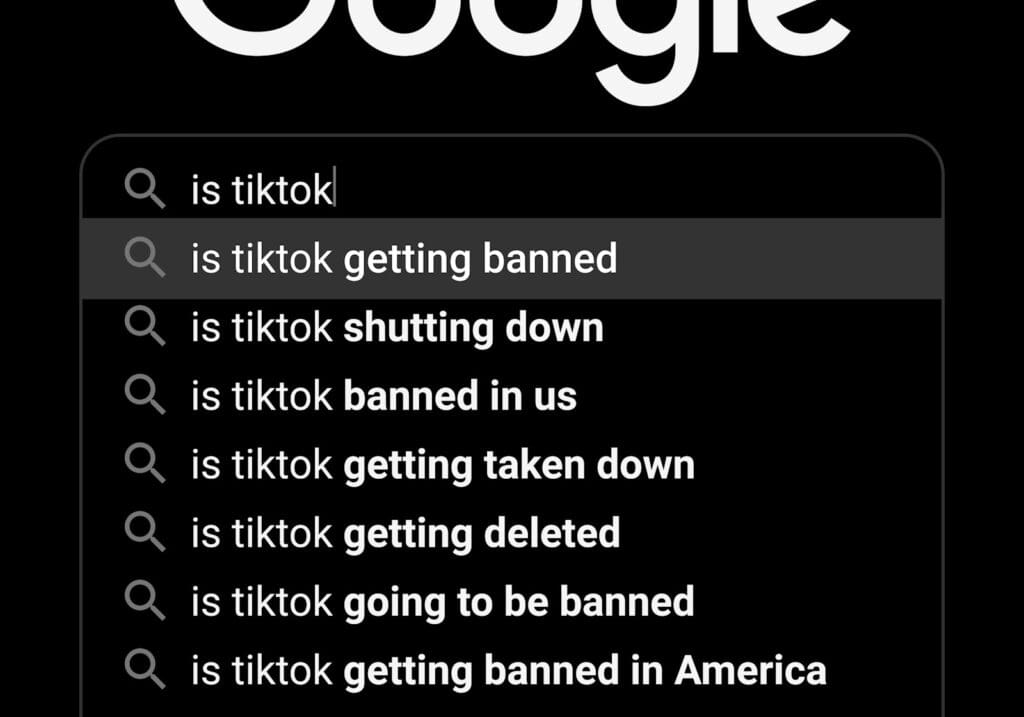
Many creators and influencers worry about losing years of content if TikTok is banned. The platform has been a springboard for careers and a source of income for many. Alternatives like Instagram Reels and YouTube Shorts are being explored, but they lack TikTok’s unique algorithm.
Read More: 14 Athletes Who Were Banned for Life
15. The Outcome Could Reshape Tech Regulation
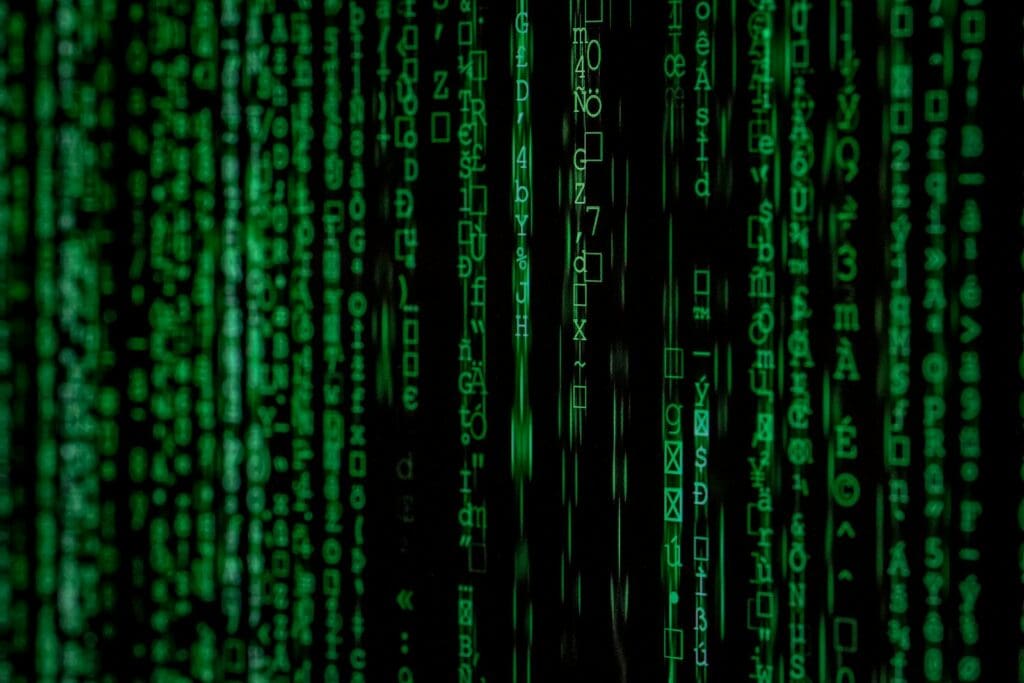
How the TikTok ban is resolved could set a precedent for regulating foreign-owned tech platforms in the U.S. It raises questions about data sovereignty, privacy, and government oversight. The resolution will likely influence future policies for years to come.
Read More: 15 Foods That Were Banned for Controversial Reasons

